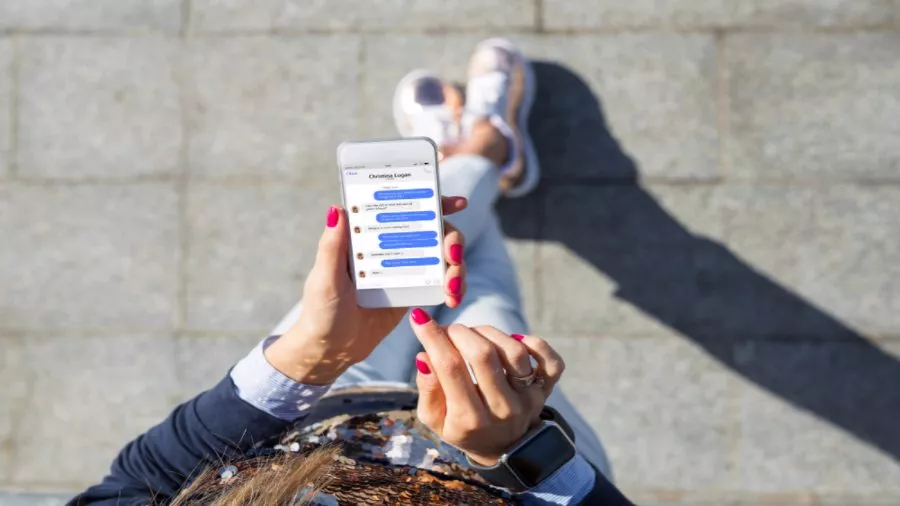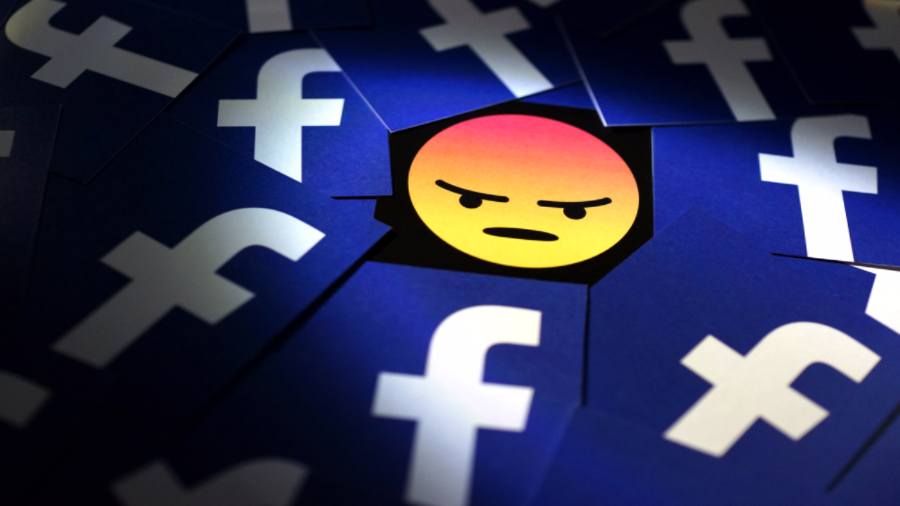User Alleges Physical Facebook Verification, Zukerberg Says ‘Fake News’

Election season in India is difficult, especially for social media platforms. Facebook, Twitter, and WhatsApp have been associated with instances of deadly fake news resulting in real-world violence.
Recently, these platforms have begun a crackdown on violence-inciting fake news. Facebook, with around 300 million users in India, went one step further to physically verify the identity of a user over a political post — or so the user claims.
The Need for Physical Verification

The Facebook user, who wishes to remain unknown, shared a political post on his timeline. To verify whether the user was exactly who he claimed to be, a representative from Facebook visited the user’s residence.
The representative asked for ID proof like the Aadhar card from the Facebook user to make sure his identity was legit, the Facebook user alleges.
This is the first time an alleged event involving physical verification from Facebook has surfaced. The platform usually does so only in the case of sponsoring political ads over its page.
To post a paid political ad, Facebook requires a user’s identity and address verification, which can be done via physical verification or digitally with the help of code.
But a recent statement from Facebook denies the existence of any such physical verification.
The Hostility

Facebook sending their representative to someone’s house without their permission is a gross violation of privacy. Users can sue social media and even the government in such cases.
Since the platform is denying that any such event took place, a police investigation into the matter will reveal the truth.
However, the current hostile behavior of social media platforms for anything remotely extreme is relatively new. Quite a few infamous terrorist attacks have been carried out since last year due to provoking posts on social media sites.
Physical verification seems to be an extreme step to counter the already present political extremity in almost every democratic country.
Recently, Facebook also banned any content related to white nationalism on its website. The decision was taken in the wake of the Christchurch terrorist attack, which was live streamed on Facebook.
Also Read: Cybercrime On Facebook Is Of Least Concern To Its Executives






